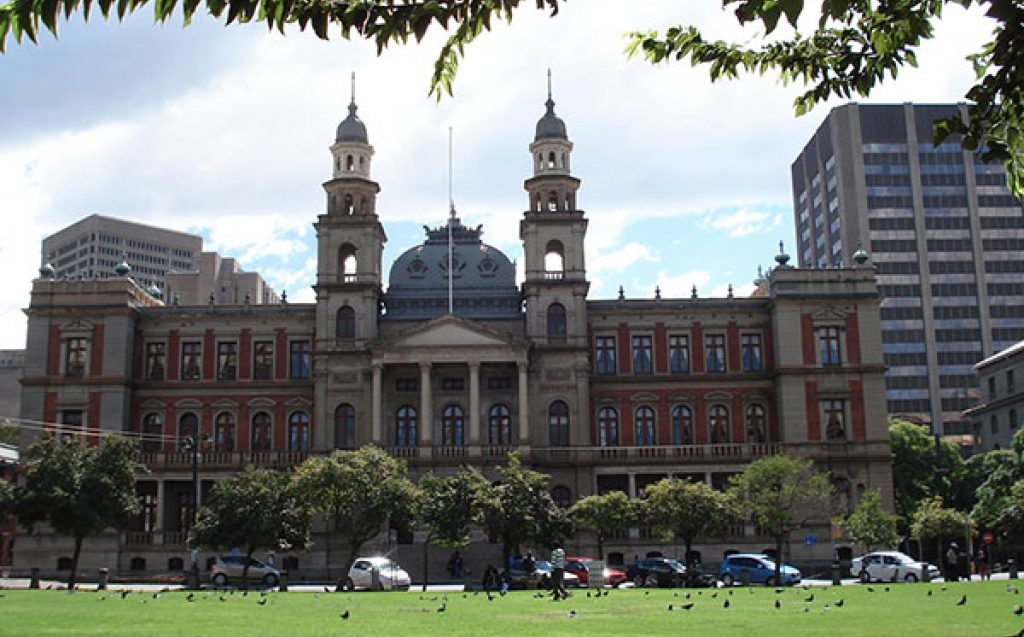According to the World Justice Project’s annual Rule of Law Index, South Africa’s global ranking throughout the period from 2015 to 2022 remained disappointing (number 52 out of 139 countries in 2022); and while such ranking is hardly impressive, most informed South African political commentators would regard it as better than expected. In truth, dating back to 2008, the country suffered a number of grave Rule of Law setbacks as a result of a fraudulent scheme, headed by then President Zuma, devised to gain control of the levers of state power and corrupt the vital organs of state that protect the Rule of Law.
Some years later the country was shocked as the nature and extent of the plot was uncovered, initially in revelations by investigative journalists and then pursued by a number of civil society organisations, prominent among them Freedom Under Law. A judicial commission of inquiry, headed by the Deputy Chief Justice, was appointed in 2018 and, after an exhaustive public investigation, published its report in 2022. Meanwhile, and hardly coincidentally, there was a change of leadership in the ruling African National Congress and the country’s new president, former Vice-President Ramaphosa, acting under a banner of reform, promised a variety of remedial steps.
The widespread metasteses of corruption proved remarkably resilient, however, and progress has been disappointngly slow, this notwithstanding the vast body of evidence unearthed in the inquiry. Thus, steps against the former president – especially his committal to prison for contempt of the commission – proved particularly contentious, resulting inter alia in a violent and costly insurrection in 2021, largely in his power-base, KwaZulu-Natal. No sooner had the country settled down to digesting the commission’s exhaustive report, recovering from the insurrection while doing battle with the Covid pandemic, when one of the former president’s principle henchmen laid a multibarbed charge against President Ramaphosa which, if true, exposed him to impeachment. Consequently the country is today – and will for some time continue to be – in the throes of overheated political debate, more particularly within an ANC that is showing signs of its impending demise, whether by implosion or merger with another party.
Throughout the ongoing internecine political squabbles of the Executive and the Legislature, the Judiciary, however, has remained steadfast, even under quite sharp castigation by politicians and a flurry of evasive forensic adventures on behalf of ex-President Zuma and the like. At the same time a fiercely independent and competent body of journalists and non-governmental agencies preserves substantial governmental transparency and accountability. This arguably explains why the country, while measuring poorly against the formal benchmarks of the WJP, nevertheless deserves its relatively favourable ranking.


